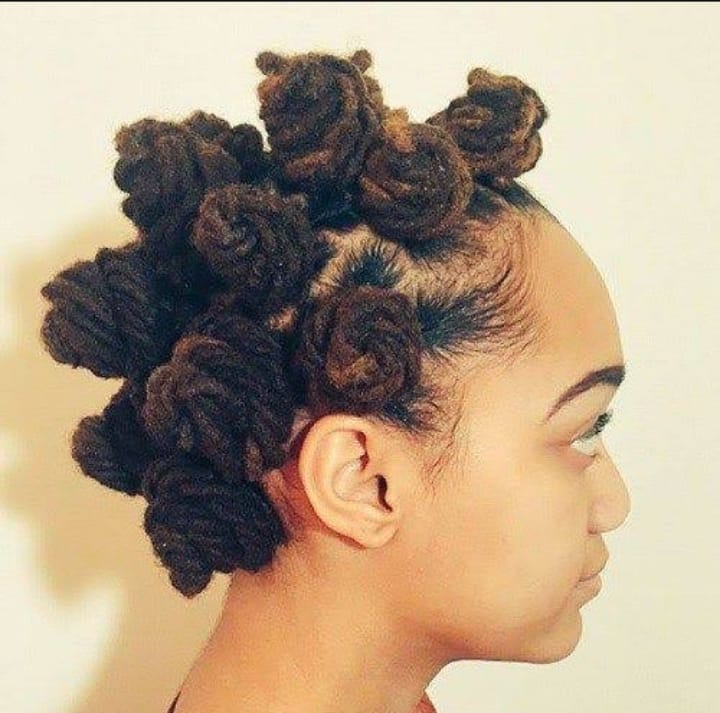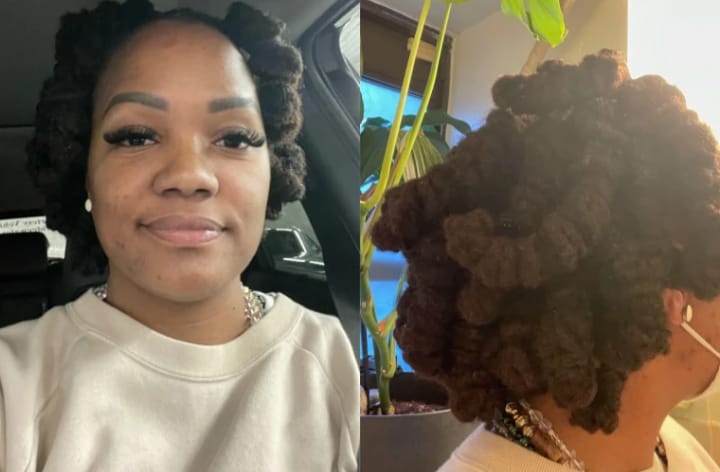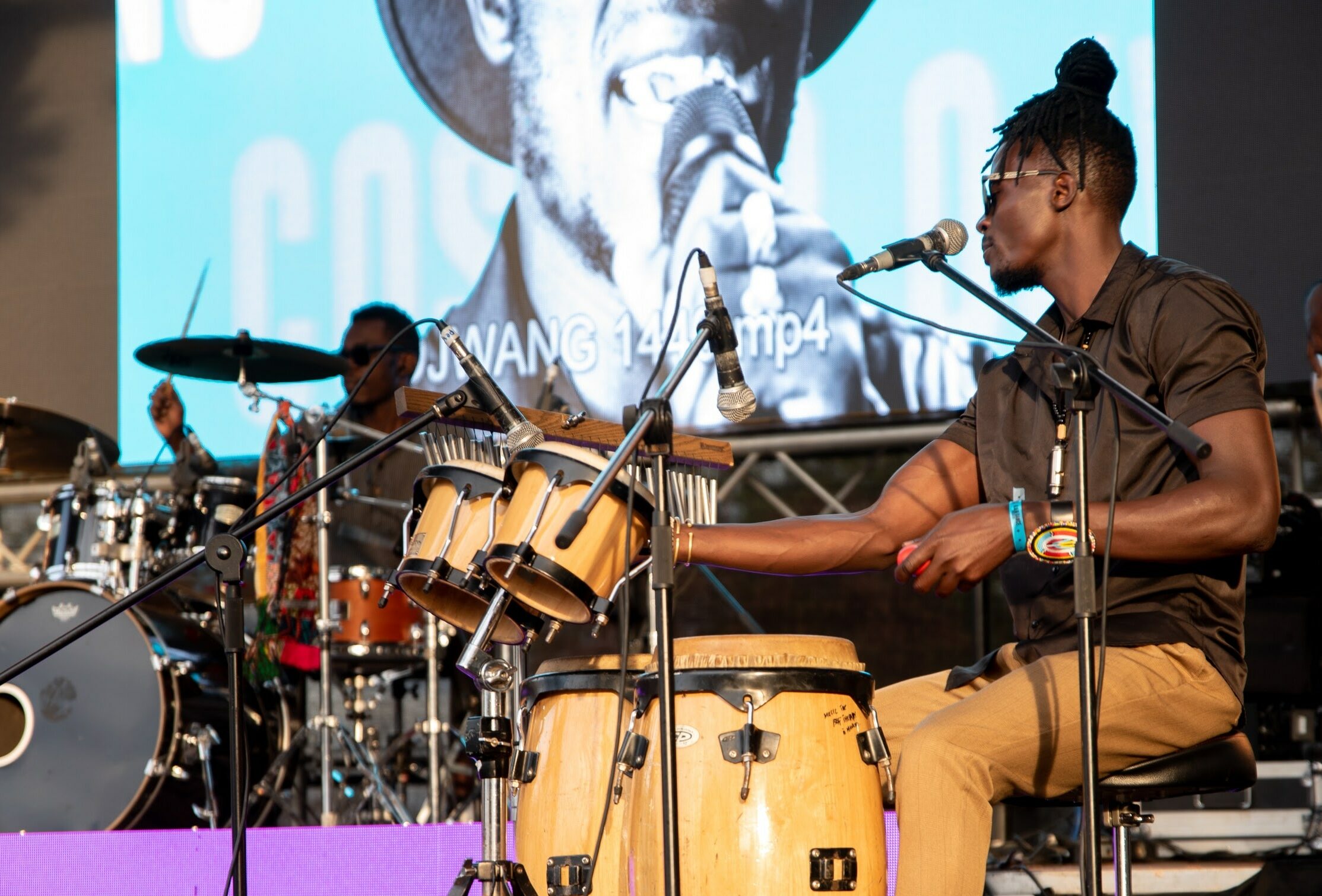Chian Weekes-Rivera, a Black female officer from New Jersey is suing the town where she works and her boss for hair discrimination. In a bold legal move, Weekes-Rivera, a seasoned Black police officer in Maplewood Township, New Jersey, has taken legal action against her employer and one of her superiors, claiming discrimination based on her choice of a traditional African hairstyle.
Weekes-Rivera has filed the lawsuit, asserting that the township, located approximately 20 miles west of New York City, violated the New Jersey Law Against Discrimination (LAD) by subjecting her to disciplinary action for wearing Bantu knots, a protective hairstyle.
The lawsuit, lodged in state Superior Court in Essex County, names Peter Kuenzel, a Maplewood police captain, alongside the township as defendants. Despite requests for comment, neither the township, the police department, nor Kuenzel responded.
Read also: Gov. Newsom announces State of Emergency in Los Angeles County after fire engulfs interstate

According to the legal filing, on August 20, the black female officer Weekes-Rivera, 38, reported to duty with her hair styled in Bantu knots. Eleven days later, she received an Internal Affairs complaint accusing her of violating the department’s on-duty dress code. The lawsuit includes a copy of the violation notice. Shockingly, her sergeants faced disciplinary action for “failure to supervise” as they refused to discipline her.
In a separate communication obtained by NBC News, Kuenzel cited Weekes-Rivera for violating the dress code policy, accusing her of wearing her hair in “rollers.”
“To get that paper, it was cringeworthy,” she said, growing emotional as she spoke. “I had to ask him questions to stop myself from crying.”
As a Black, gay woman working in a predominantly male-driven environment, Weekes-Rivera expressed feeling heightened pressure to project strength. Discovering that she faced trouble due to her hair was particularly mortifying.
On September 29, Kuenzel notified the disciplined sergeants that the Internal Affairs Unit had sustained the charge of “failure to supervise,” according to Weekes-Rivera and the lawsuit. The legal action accuses Maplewood, with assistance from Kuenzel, of targeting Weekes-Rivera based on her race and ethnicity, subjecting her to unwarranted discipline, although it does not name the sergeants involved.
Read also: Uganda’s president Yoweri Museveni downplays removal from US-Africa trade pact AGOA
Weekes-Rivera remains employed at the department but is uncertain whether the violation will impede her professional advancement.
“Maplewood is trying to send a chilling message to the entire department that not only are we going to discriminate against Chian, we are going to hold other people accountable for not discriminating against her,” her attorney, John Coyle, said.
Similar hair discrimination incident
This legal battle echoes a significant incident in December 2018 when Andrew Johnson, a Black high school wrestler in New Jersey, was compelled to cut his dreadlocks to participate in a match. At the age of 16, Johnson emerged victorious in the match. The incident triggered a state civil rights investigation, turning New Jersey into a focal point for the fight against hair discrimination.



